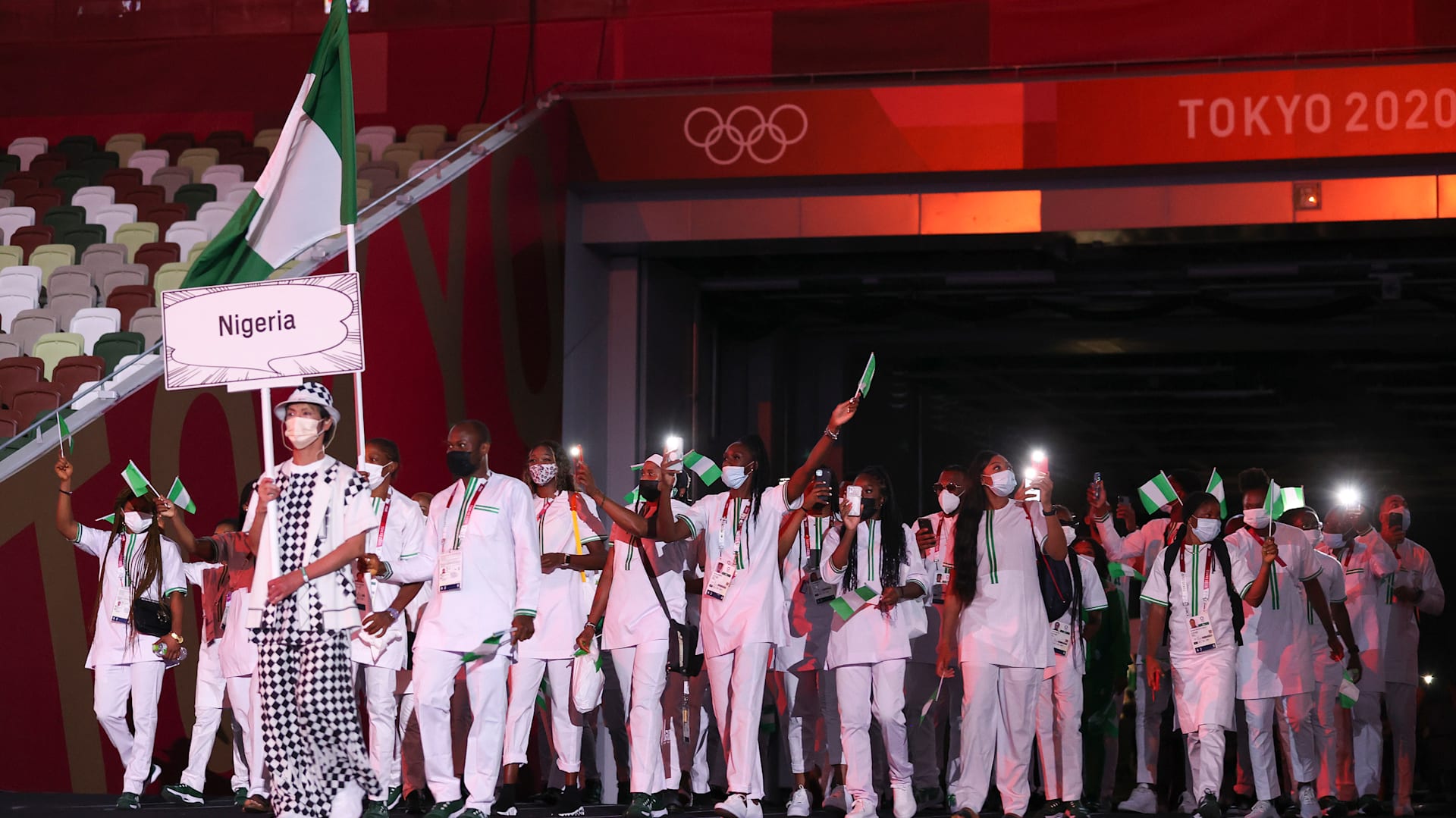Nigeria’s athletes at the Paris 2024 Olympic Games concluded their participation without winning any medals, marking the eighth time in Olympic history that the Nigerian team returned home empty-handed.
The Nigerian team, comprising 88 athletes who competed across 12 sports, failed to secure a single medal. Nigeria’s last hope, Hannah Reuben, lost her second-round women’s freestyle wrestling match 5-2 to Mongolia’s Davaanasan Amar Enkh, sealing the country’s worst Olympic outing since the 2012 London Games.
Nigeria’s Olympic struggles date back to the 1952 Helsinki Games, with subsequent disappointments in Melbourne (1956), Rome (1960), and a brief respite at the 1964 Tokyo Games, where Nojeem Mayegun won Nigeria’s first Olympic medal, a bronze. The drought continued in Mexico City (1968), Moscow (1980), and Seoul (1988), before the latest disappointment in Paris.
The country broke the medal jinx at the 1964 Tokyo Games, and won another bronze medal at the 1972 Olympics. Nigeria’s performance improved at the 1984 Los Angeles Olympics, where they won a silver and a bronze medal, and the 1992 Barcelona Olympics, where they claimed three silver and one bronze medal.

Nigeria’s best Olympic outing was the 1996 Atlanta Games, where they won two gold, one silver, and three bronze medals. This was followed by a gold and two silver medals at the 2000 Sydney Olympics. In 2004, Nigeria won two bronze medals in Greece, and in 2008, they won three silver and two bronze medals. At the 2016 Rio Olympics, Nigeria won a solitary bronze medal in men’s football, followed by a silver and a bronze medal at the 2020 Tokyo Olympics.
While the lack of medals in Paris is disappointing, there are positives to build upon as the countdown to the 2028 Los Angeles Olympics begins. Nigeria showed improvements in athletics, with six finalists, up from four in Tokyo 2020 and two in Rio 2016. Favour Ofili made history as the first Nigerian woman to reach the 200m final since Mary Onyali in 1996, and 18-year-old Samuel Ogaz became the first Nigerian man to reach the 400m final since Innocent Egbunike’s feat in 1988.
The trio of Ese Brume, Ruth Usoro, and Prestina Ochonogor also made history as the first time three Nigerians reached the final in the long jump event. Chukwuebuka Enekwechi’s sixth-place finish in the shot put final was another notable achievement. These accomplishments offer hope for Nigeria’s Olympic future, and the country will aim to build on them and break its medal drought in Los Angeles in 2028.
Do you want to advertise with us?
Do you need publicity for a product, service, or event?
Contact us on WhatsApp +2348033617468, +234 816 612 1513, +234 703 010 7174
or Email: validviewnetwork@gmail.com
CLICK TO JOIN OUR WHATSAPP GROUP





